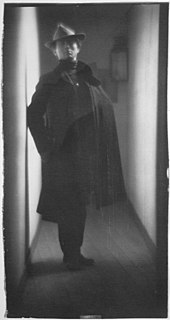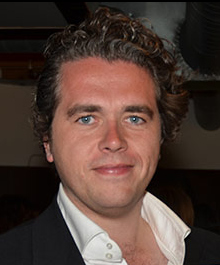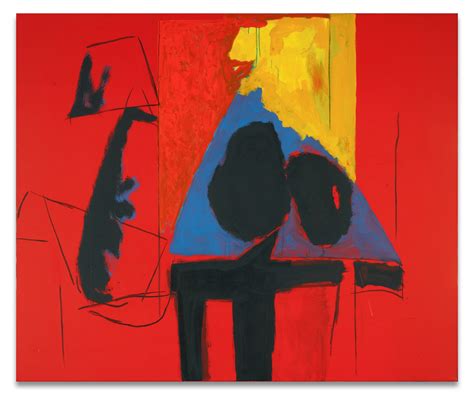A Quote by Edward Steichen
Every other artist begins with a blank canvas, a piece of paper the photographer begins with the finished product.
Quote Topics
Related Quotes
Photography is a medium of formidable contradictions. It is both ridiculously easy and almost impossibly difficult. It is easy because its technical rudiments can readily be mastered by anyonwith a few simple instructions. It is difficult because, while while the artist working in any other medium begins with a blank surface and gradually brings his conception into being, the photographer is the only imagemaker who begins with the picture completed. His emotions, his knowledge, and his native talent are brought into focus and fixed beyond recall the moment the shutter of his camera has closed.
Just slap anything on when you see a blank canvas staring you in the face like some imbecile. You don't know how paralyzing that is, that stare of a blank canvas is, which says to the painter, ‘You can't do a thing’. The canvas has an idiotic stare and mesmerizes some painters so much that they turn into idiots themselves. Many painters are afraid in front of the blank canvas, but the blank canvas is afraid of the real, passionate painter who dares and who has broken the spell of `you can't' once and for all.
I have always been jealous of artists. The smell of the studio, the names of the various tools, the look of a half-finished canvas all shout of creation. What do writers have in comparison? Only the flat paper, the clacketing of the typewriter or the scrape of a pen across a yellow page. And then, when the finished piece is presented, there is a small wonder on one hand, a manuscript smudged with erasures or crossed out lines on the other. The impact of the painting is immediate, the manuscript must unfold slowly through time.
Several years ago we had an intern who was none too swift. One day he was typing and turned to a secretary and said, "I'm almost out of typing paper. What do I do?" "Just use copier machine paper," she told him. With that, the intern took his last remaining blank piece of paper, put it on the photocopier and proceeded to make five blank copies.
MOST of the ugliness in the human narrative comes from a distorted quest to possess beauty. COVETING begins with appreciating blessings: MURDER begins with a hunger for justice. LUST begins with a recognition of beauty. GLUTTONY begins when our enjoyment of the delectable gifts of GOD starts to consume us. IDOLATRY begins when our seeing a reflection of God in something beautiful leads to our thinking that the beautiful image bearer is worthy of WORSHIP.
Finding the discipline, the motivation, the focus, the passion to sit down in front of a blank piece of paper or a blank computer screen every day and then to make it come alive with characters and with plot is incredibly exciting and at the same time terrifying and frustrating, and sometimes it comes easy and sometimes it comes really hard.


































